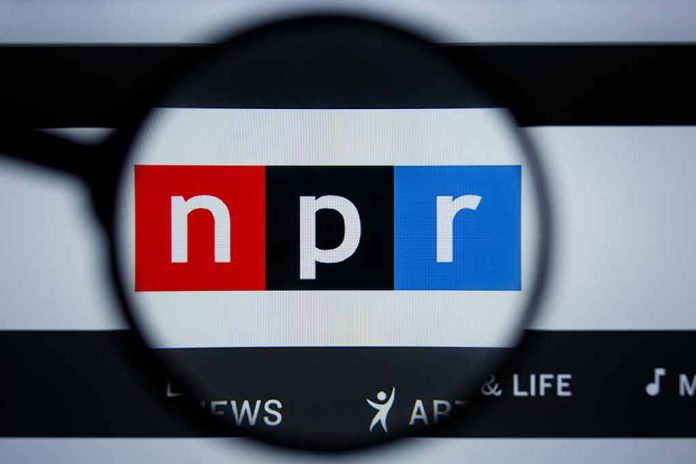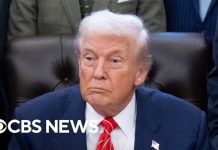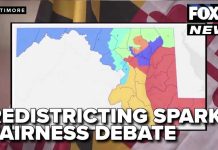
The FCC’s investigation into NPR could redefine the boundaries of public broadcasting sponsorship messages.
Key Takeaways
- FCC investigates NPR and PBS for potential commercial advertisements.
- Concerns revolve around underwriting announcements resembling ads.
- NPR says its practices comply with FCC regulations.
- Congress debates funding as corporate contributions surpass federal aid.
FCC Investigation Overview
FCC Chairman Brendan Carr has initiated an investigation into NPR to ensure compliance with federal regulations prohibiting commercials by publicly funded broadcasters. Carr scrutinizes NPR’s sponsorship messages, particularly those promoting products like Procter & Gamble’s Nervive, examining whether these messages breach restrictions on commercial advertisements. The investigation highlights concerns over the influence of corporate contributions on NPR, which significantly surpass federal aid in recent years.
The inquiry stems from NPR’s increasing dependence on corporate underwriting, an alternative to government support, as seen in their $100 million corporate intake in contrast to $7 million in federal funds. With corporate support overshadowing taxpayer funding, questions arise about NPR’s potentially tilted editorial policies due to these financial shifts. NPR, having positioned itself as a fair and unbiased public broadcaster, may face substantial impacts from this investigation, including potential monetary penalties or changes in funding structure.
NPR’s Response and Legal Framework
NPR asserts that their sponsorship messages adhere to the FCC’s guidelines, distinguishing these from traditional commercials. According to Katherine Maher, “We are confident any review of our programming and underwriting practices will confirm NPR’s adherence to these rules.” Under FCC policy, noncommercial stations can broadcast underwriting announcements, offering a distinct approach from typical commercial advertisements.
Critics argue that NPR’s messages resemble commercial advertising more than sponsorships, thus triggering Carr’s investigation. In addition to examining NPR, Carr’s inquiry could extend to approximately 1,500 public broadcasting stations using public airwaves. If violations are confirmed, it could lead to fines and enforcement actions.
Political and Financial Implications
Political dynamics intertwine with the investigation as Carr, appointed under the Trump administration, aligns this move with efforts to cut taxpayer funding for NPR and PBS. The intention is not just regulatory compliance but a potential shift in how public broadcasters sustain themselves financially. Carr’s actions resonate with past attempts by the Trump administration to end federal funding for public broadcasters, although these efforts haven’t been successful.
The conversation around NPR’s funding model is crucial as federal taxpayer support represents a smaller fraction, raising alarms about corporate interests swaying NPR’s content. Congress is actively deliberating whether to continue federal funding mandates, as noted by Carr: “Congress is actively considering whether to stop requiring taxpayers to subsidize NPR and PBS programming.”
Looking forward, the outcome of Carr’s investigation could set precedents not just for NPR but for the future operations of public broadcasting entities nationwide. Decisions made here could further solidify or desafeguard the narrative around public media’s accountability to its audience and its financial reliability beyond governmental support.
Sources:
- https://www.foxnews.com/politics/trump-fcc-chair-targets-npr-pbs-investigation-ahead-congressional-threats-defund
- https://thehill.com/homenews/media/5116951-fcc-npr-pbs-trump-administration-carr/
- https://www.npr.org/2025/01/30/nx-s1-5281162/fcc-npr-pbs-investigation
- https://freebeacon.com/media/has-brendan-carr-finally-figured-out-how-to-stop-npr/










